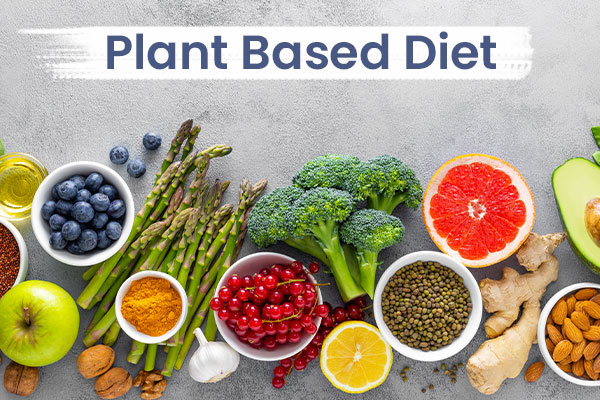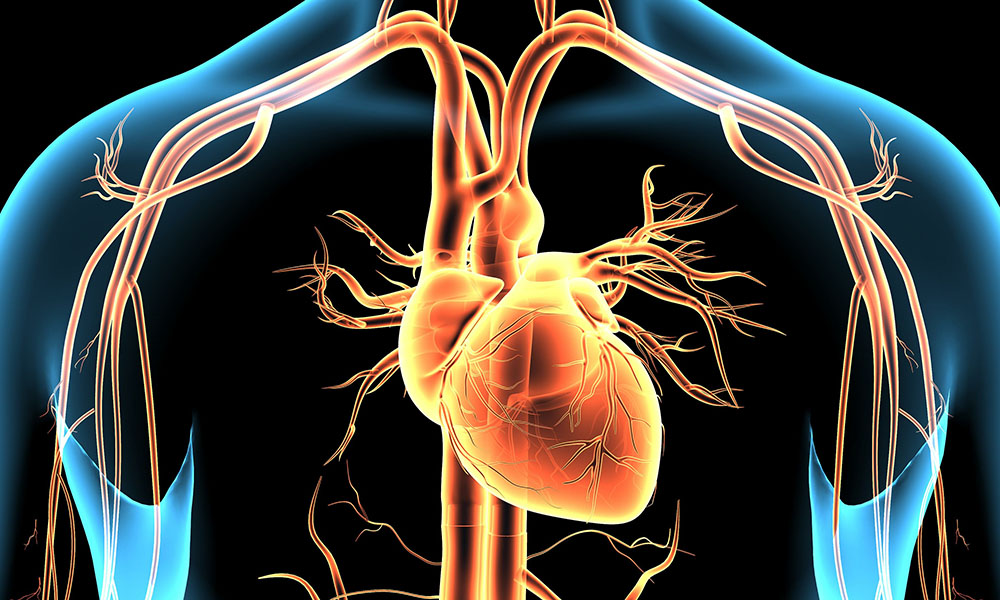Heart disease is a leading cause of death worldwide, and its prevalence is increasing. Many risk factors contribute to the development of heart disease, including high blood pressure, high cholesterol levels, smoking, and obesity. An unhealthy diet is also a major risk factor for heart disease, and studies have shown that plant-based diets may be an effective way to prevent and even reverse heart disease.
What is a Plant-Based Diet?

A plant-based diet is a diet that emphasizes whole, minimally processed plant foods and limits or eliminates animal products. This diet typically includes fruits, vegetables, whole grains, legumes, nuts, and seeds. Some people follow a completely vegan diet, which excludes all animal products, while others may include small amounts of animal products such as eggs or dairy.
How Do Plant-Based Diets Prevent Heart Disease?
Plant-based diets have been shown to reduce several risk factors for heart disease, including high blood pressure, high cholesterol levels, and inflammation. They are also typically lower in saturated and trans fats, which can contribute to the development of heart disease.
Studies have also shown that plant-based diets can help improve overall heart health. One study found that a plant-based diet reduced the risk of heart failure by 42%. Another study found that following a plant-based diet for just four weeks resulted in significant improvements in heart health markers such as blood pressure, cholesterol levels, and arterial stiffness.
What Foods Should You Include in a Plant-Based Diet?

When following a plant-based diet, it’s important to focus on nutrient-dense plant foods. Some of the best foods to include in a plant-based diet include:
- Fruits and vegetables of all kinds
- Whole grains such as brown rice, quinoa, and whole wheat
- Legumes such as beans, lentils, and peas
- Nuts and seeds such as almonds, chia seeds, and flaxseeds
- Healthy fats such as avocado and olive oil
It’s also important to make sure you are getting enough protein and other essential nutrients. Plant-based sources of protein include beans, lentils, tofu, tempeh, and nuts and seeds.
The Bottom Line
Plant-based diets have been shown to be an effective way to prevent and even reverse heart disease. By focusing on whole, minimally processed plant foods and limiting or eliminating animal products, you can improve your heart health and reduce your risk of heart disease. So why not give it a try and see how a plant-based diet can benefit your health?

